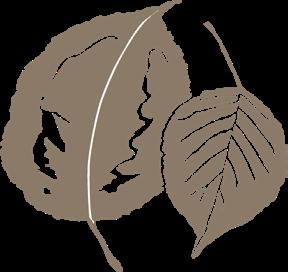

montessori MESSENGER
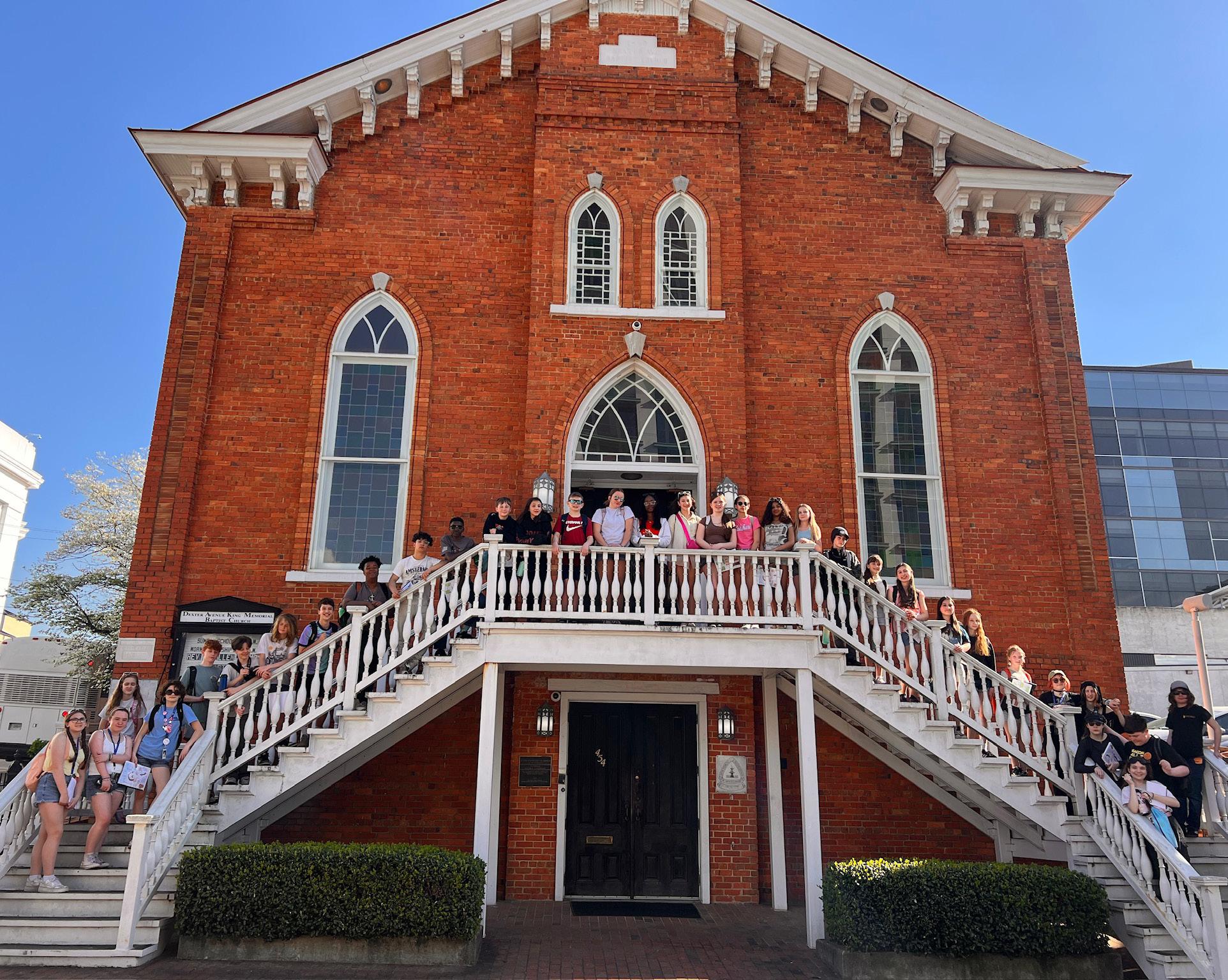
Woodland Hill Montessori School
Cultural Lessons in Montessori: A Journey Through Time, Place, and Experience
Cultural lessons are a cornerstone of the Montessori curriculum, offering students a deep and meaningful connection to the world around them. From Primary through Middle School, these lessons are designed to foster an appreciation for history, geography, and global perspectives, while also developing critical thinking, empathy, and social responsibility. More than just acquiring knowledge, Montessori students engage in hands-on experiences that bring history and culture to life.
A Continuum of Learning
Cultural studies in a Montessori classroom begin in the earliest years with concrete, sensory-based experiences. Primary students explore geography through puzzle maps and hands-on materials, learning about continents, landforms, and diverse cultures. They hear stories from around the world, engage in celebrations of different traditions, and begin to understand their place in a larger, interconnected world.
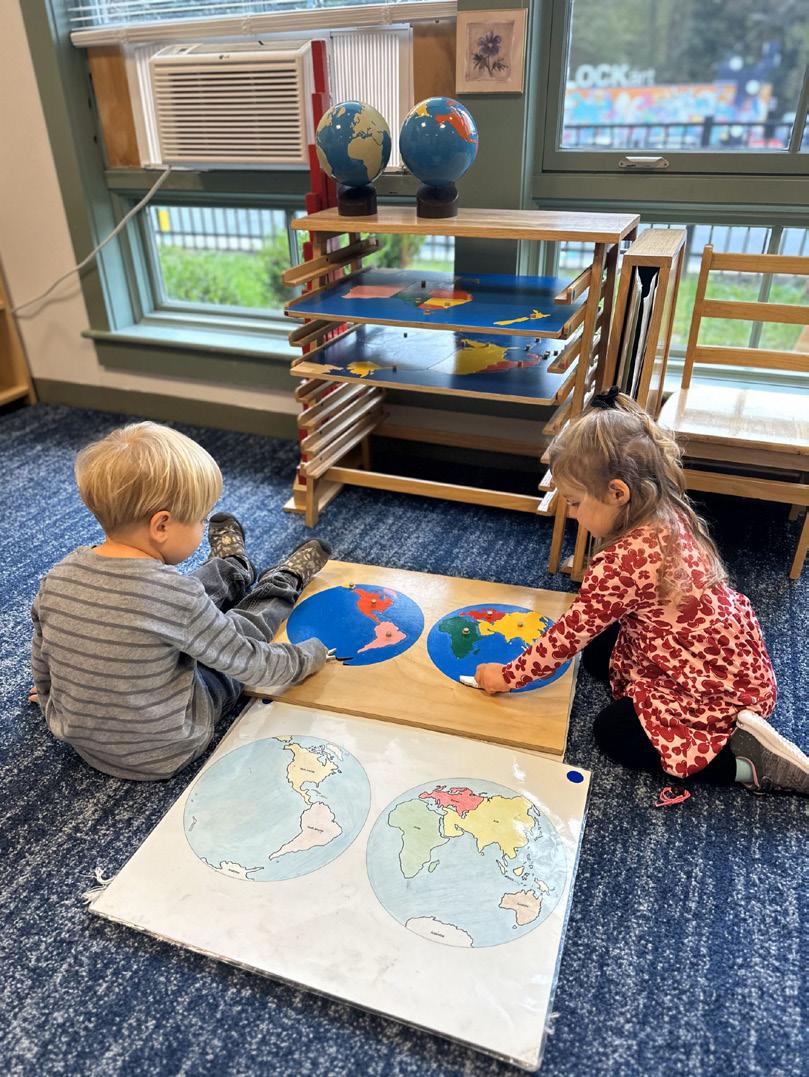
As students move into Elementary, cultural studies expand to include the Montessori Great Lessons, a series of impressionistic stories that ignite curiosity about the universe, life on Earth, and human civilizations. Students delve into history, anthropology, and geography through research projects, hands-on experiments, and storytelling, making abstract concepts tangible. Their studies emphasize human ingenuity, resilience, and interdependence, helping them see themselves as part of a larger historical and cultural narrative.
By Middle School, students apply their learning in increasingly complex and real-world ways. They study social movements, governance, and the forces that shape societies, analyzing primary sources and discussing realworld issues. These lessons don’t just stay in the classroom—they become immersive, transformative experiences.
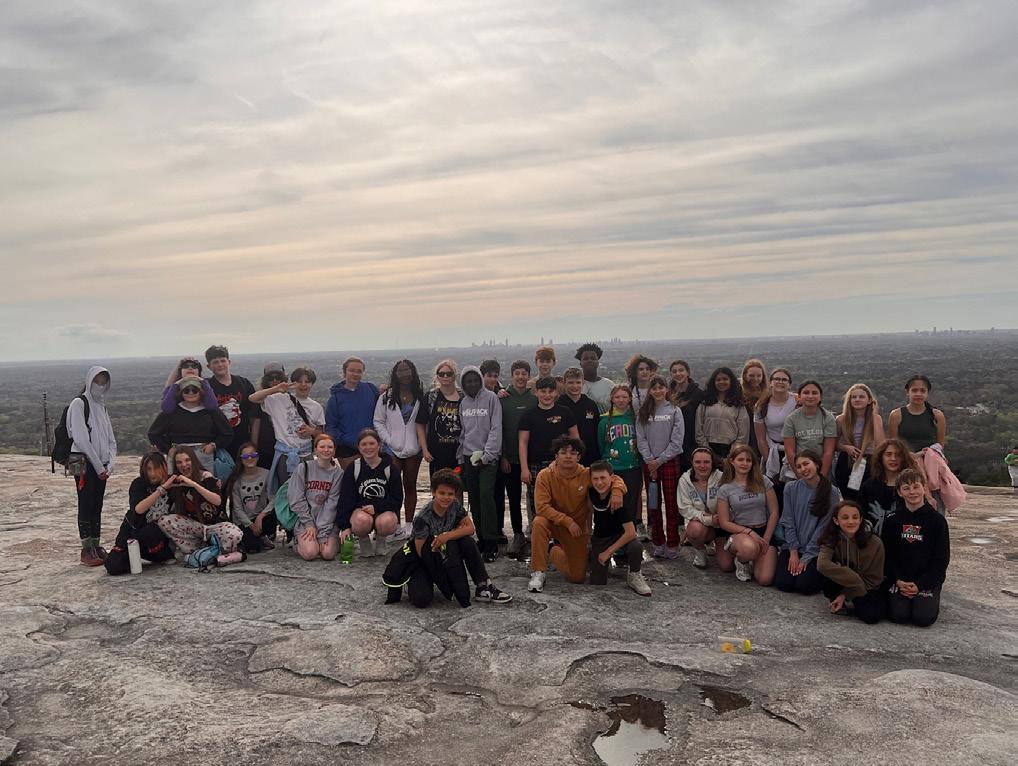
Learning Beyond the Classroom: The Civil Rights Intercession
A defining feature of Montessori education is its emphasis on real-world learning. Rather than simply reading about history, students engage with it firsthand. This is exemplified in the Middle School Civil Rights Intercession, where students travel through the Southern United States to visit key landmarks and historic sites related to the Civil Rights Movement.
Walking across the Edmund Pettus Bridge in Selma, standing in front of the 16th Street Baptist Church in Birmingham, or exploring the National Civil Rights Museum in Memphis gives students a profound and personal connection to history. These experiences deepen their understanding of activism, justice, and the ongoing struggle for equality, aligning with Montessori’s goal of preparing students to be engaged, compassionate citizens.
“An
education capable of saving humanity is no small undertaking; it involves the spiritual development of [the person], the enhancement of [their] value as an individual, and the preparation of young people to understand the times in which they live.”
- Maria Montessori
By integrating real-world experiences with academic learning, we ensure that students don’t just learn about history—they live it, reflect on it, and feel empowered to shape the future.
Read more on the Civil Rights Intercession and student reflections on the WHMS Blog.
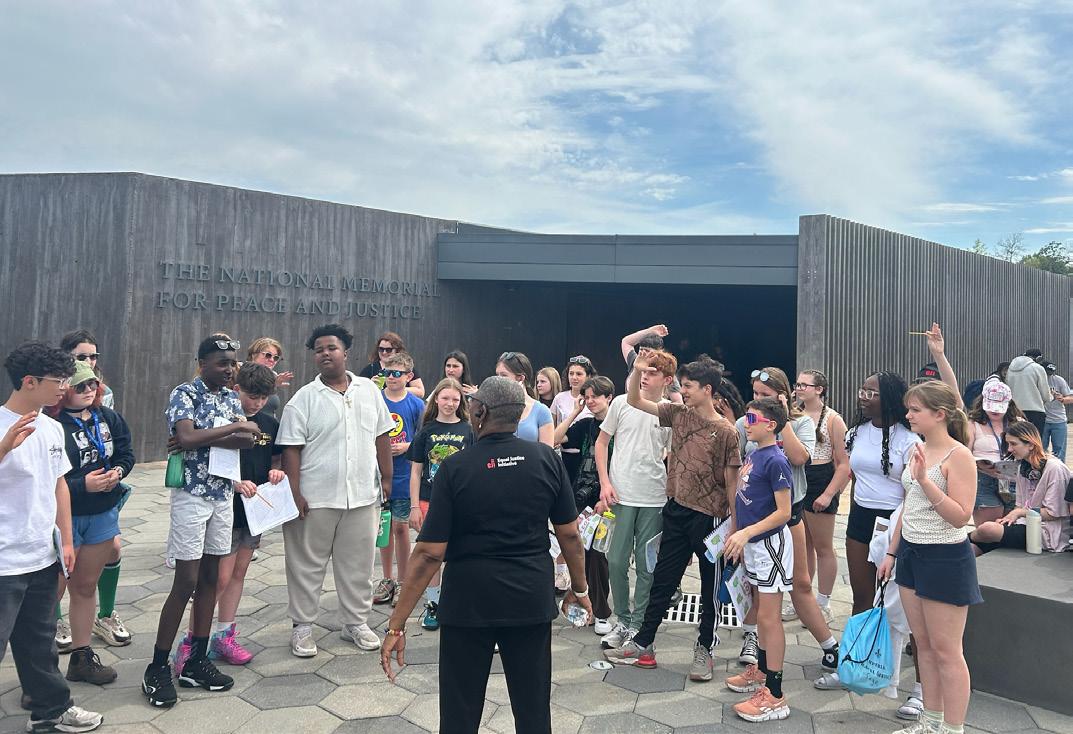
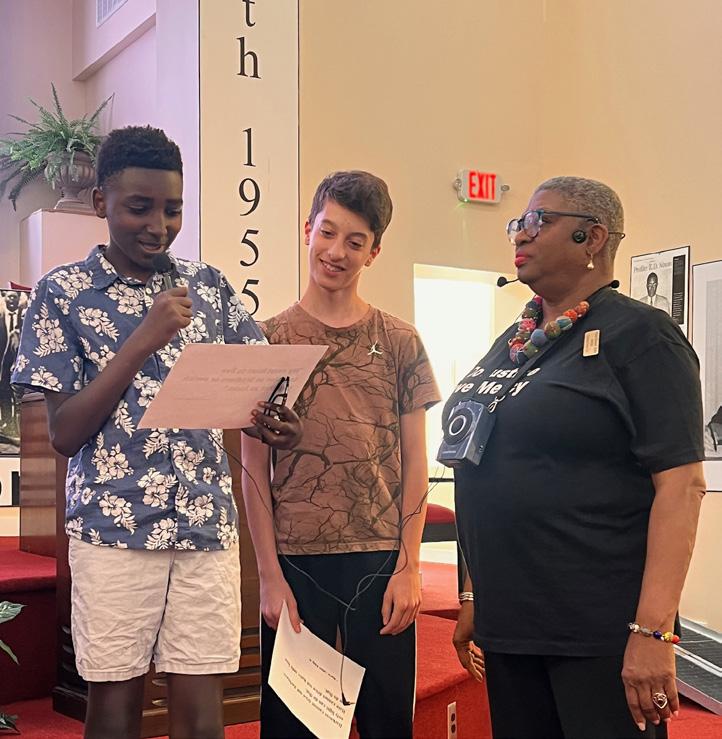
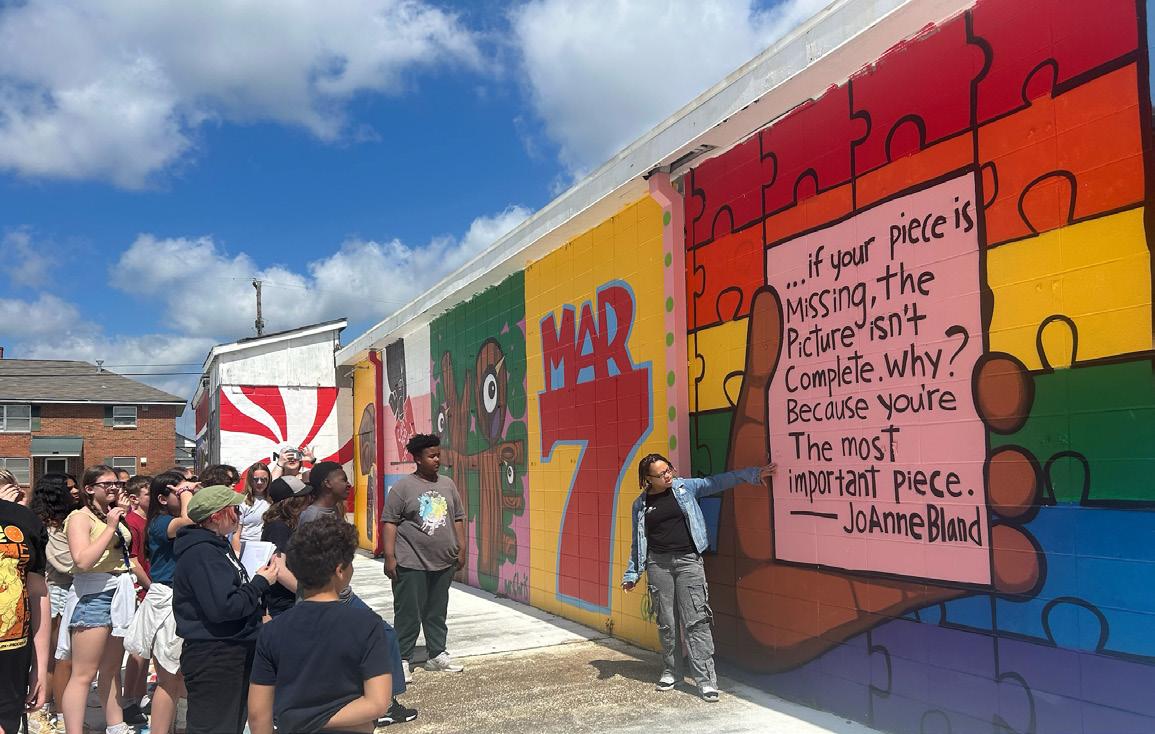
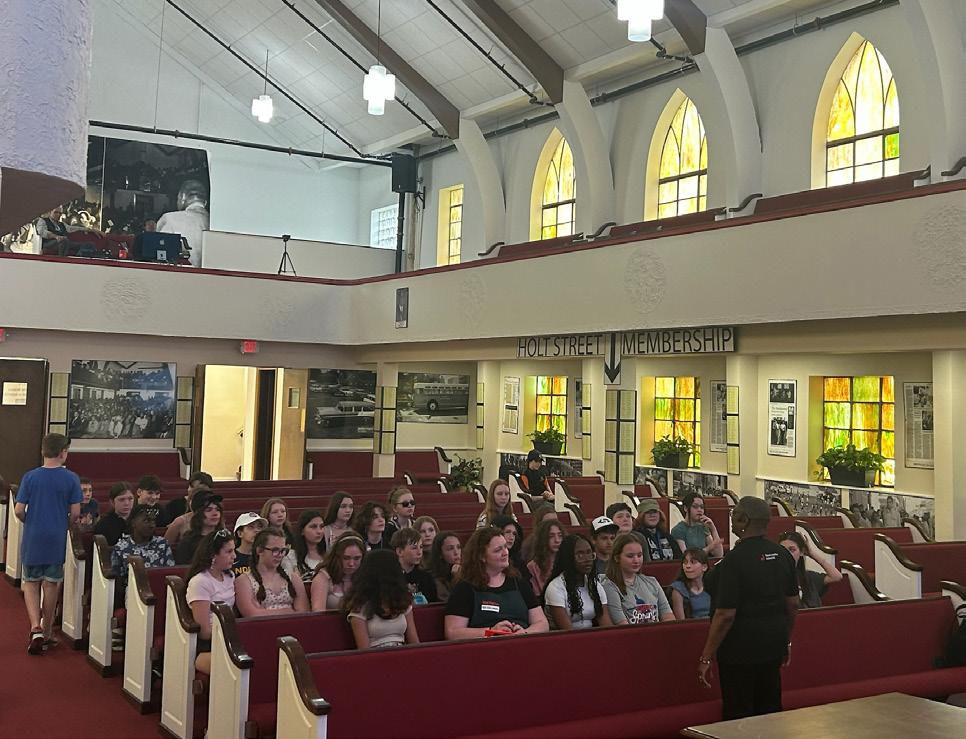

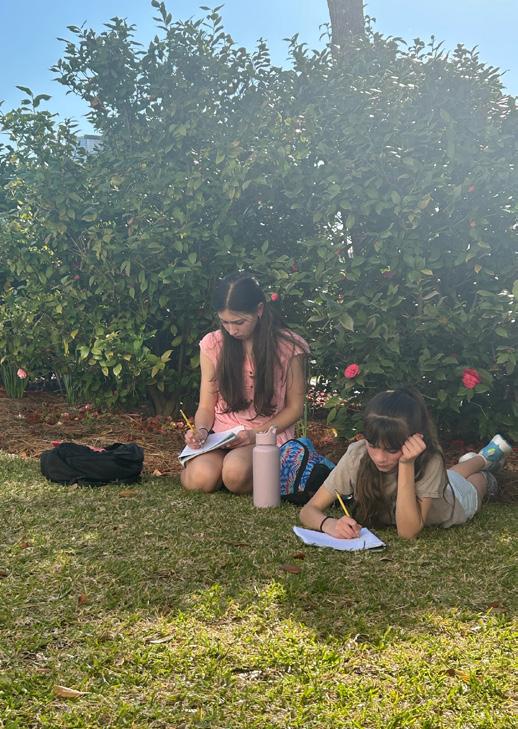
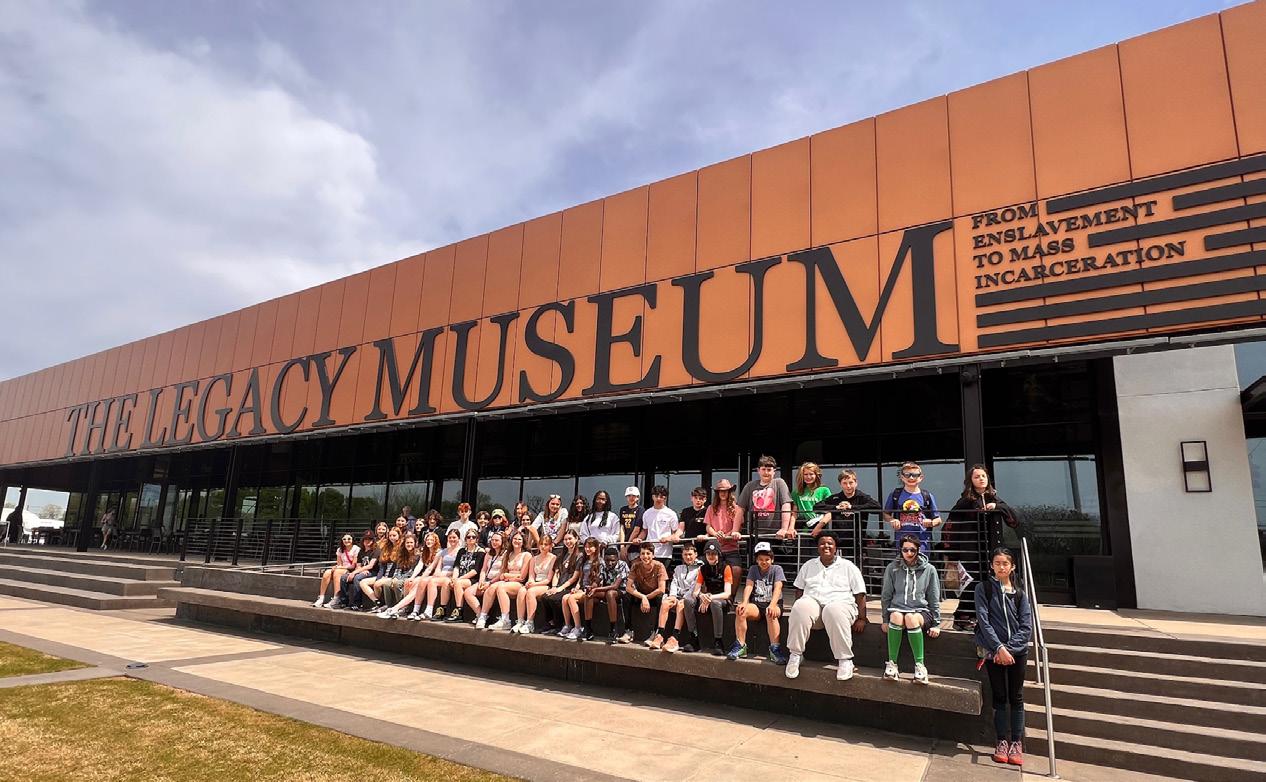
Parent-Child Night
Parent-Child Night is a truly special event at Woodland Hill, offering a unique opportunity for children to take on the role of the teacher and proudly share their learning with their families. Students thoughtfully prepared lesson plans, carefully selecting work they were excited to demonstrate. Just like in the classroom, these plans remained flexible, allowing for spontaneous exploration and discovery.
As parents stepped into the student role, they witnessed firsthand the beauty of the Montessori learning process—where mistakes are not failures but essential steps toward understanding. Whether adding numbers, spelling words, or working with hands-on materials, children took the lead, showcasing their developing skills with pride. Instead of seeking perfection, they embraced the courage to try, reinforcing their confidence and independence.
Thank you to all the families who participated in this wonderful evening! Your presence and engagement in your child’s learning journey make a meaningful impact. Watching your children share their knowledge and take ownership of their education is a powerful reminder of the Montessori philosophy in action—one that nurtures curiosity, resilience, and a lifelong love of learning.
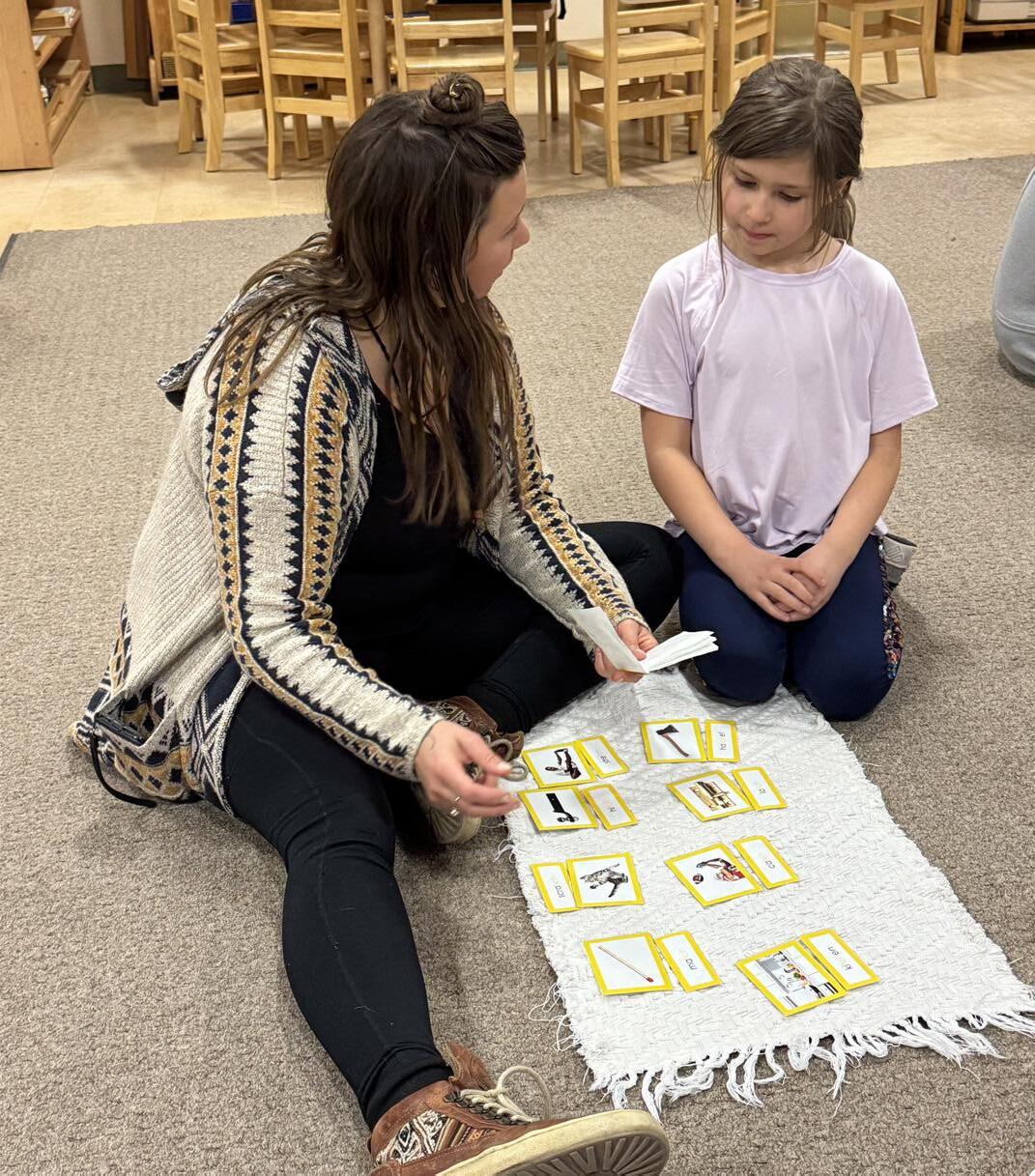
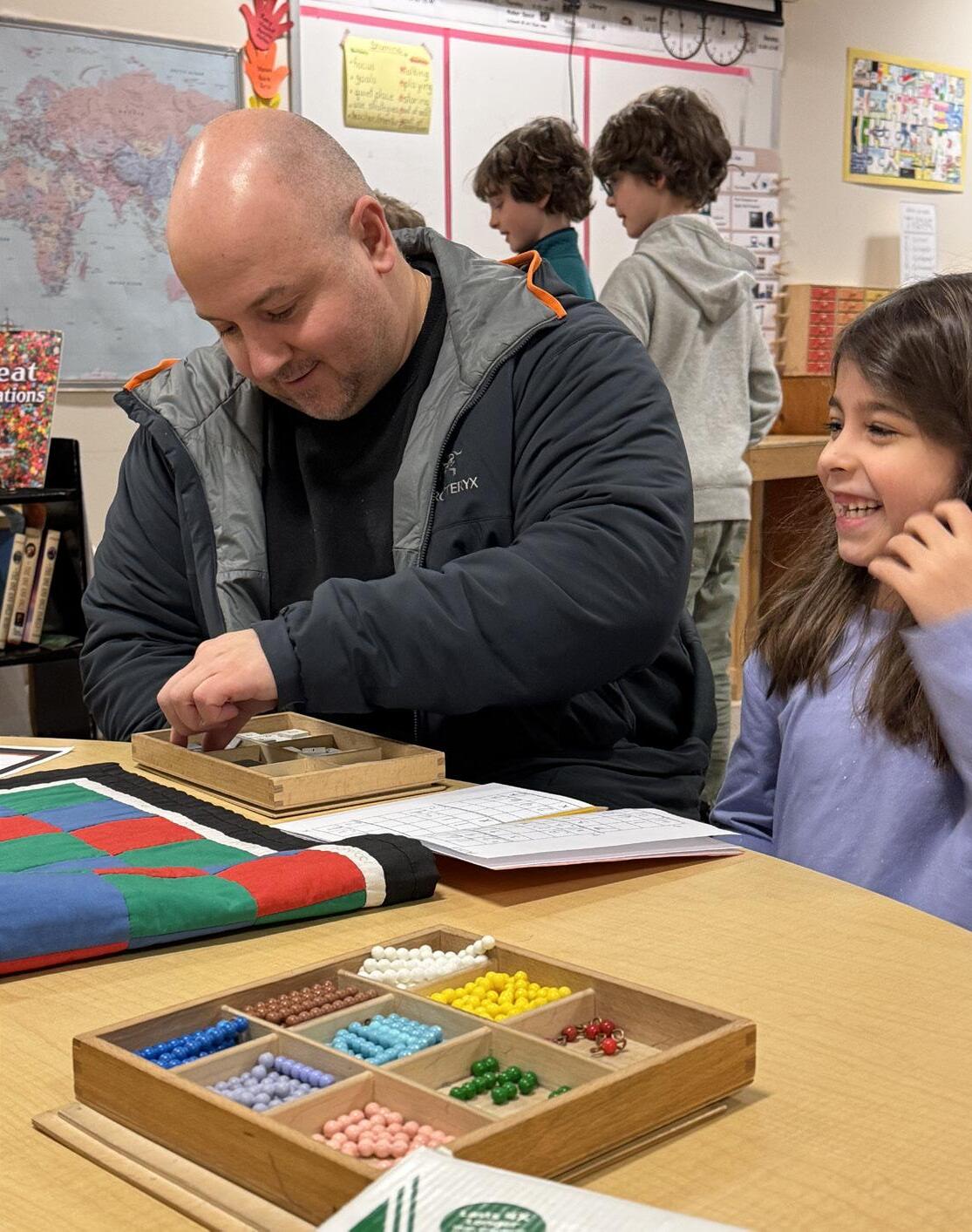
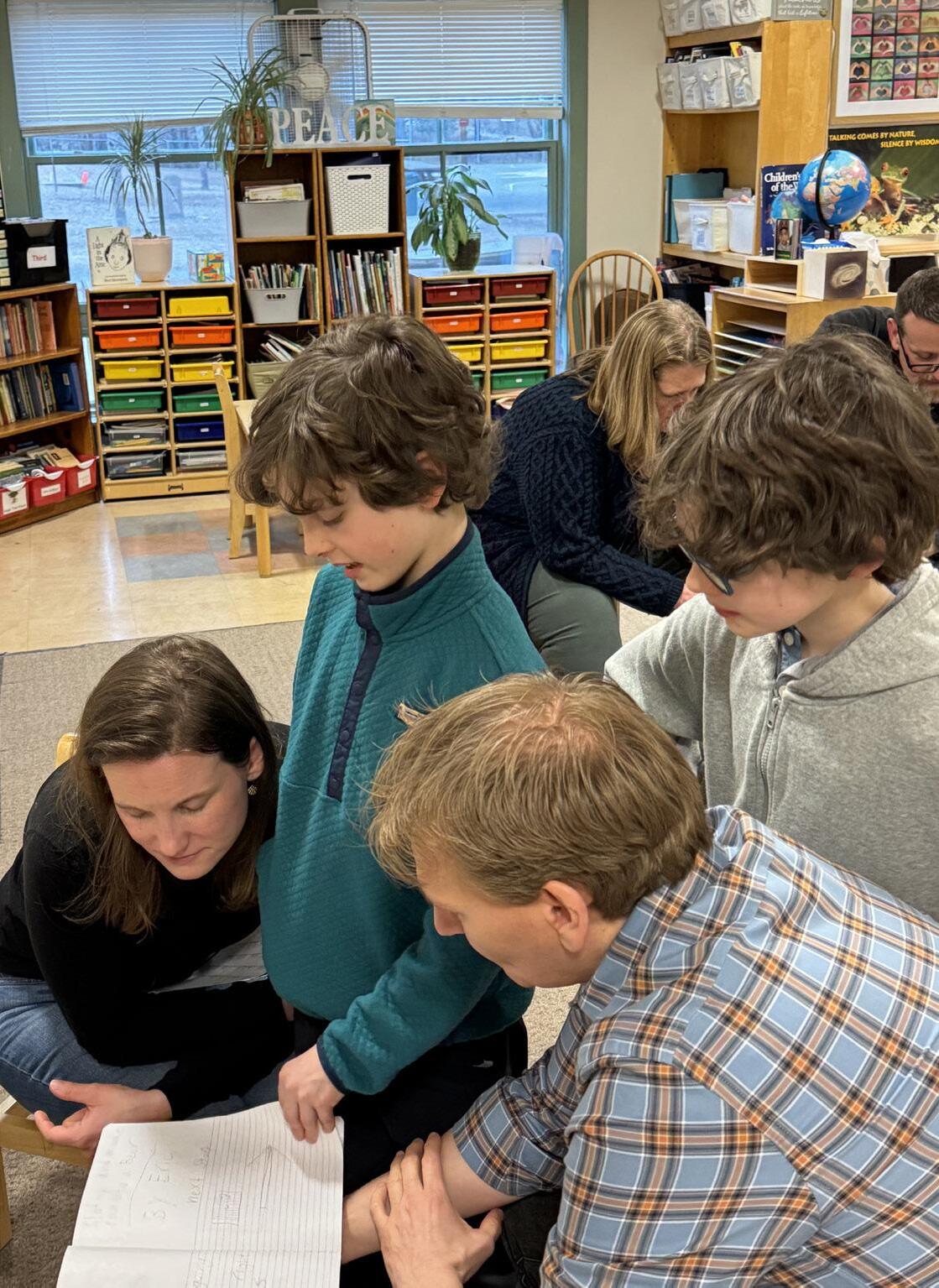
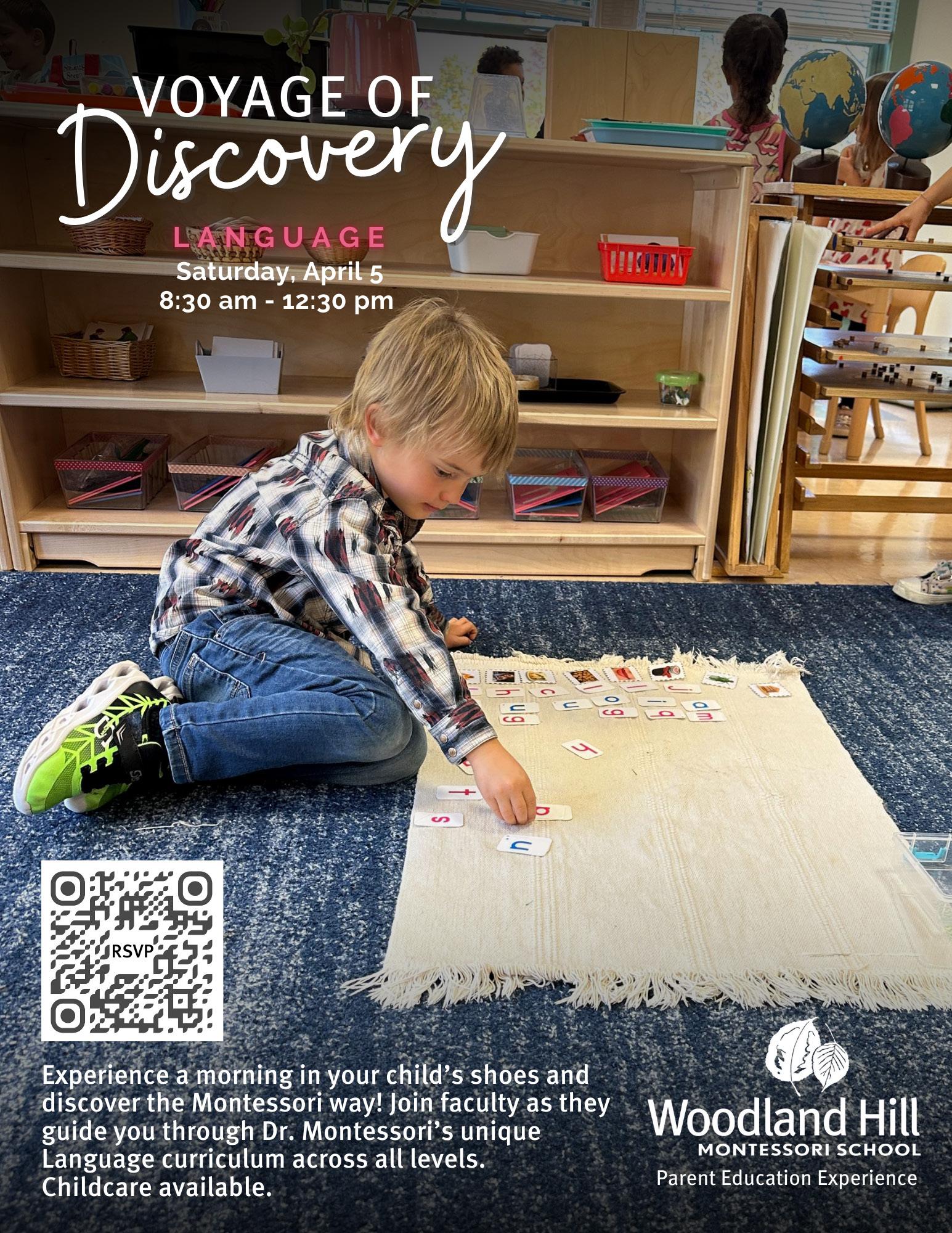
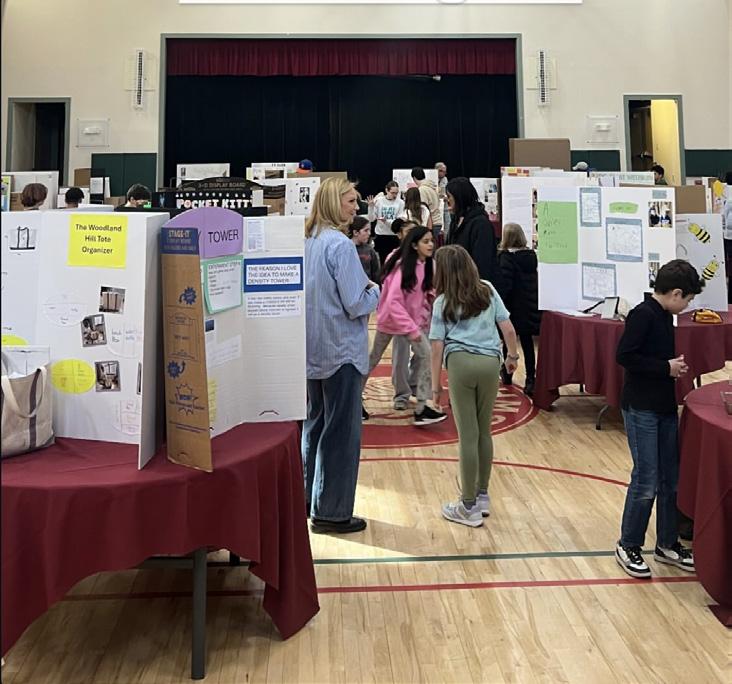
The Maker and Science Fair
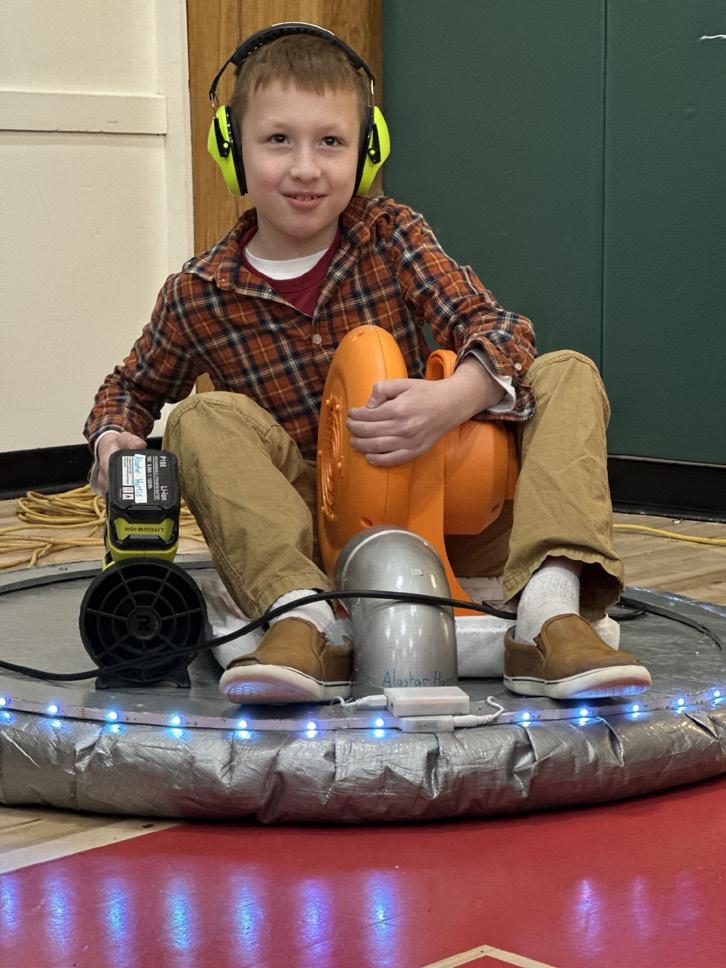
The Elementary Maker and Science Fair was a truly rewarding experience, showcasing the creativity, curiosity, and dedication of our students. Throughout the day, the gym was filled with excitement as children eagerly presented their projects, explaining their work with confidence and enthusiasm. It was inspiring to witness their pride as they demonstrated experiments, shared discoveries, and engaged in thoughtful discussions about their process. From hands-on engineering creations to scientific investigations, each project reflected the deep learning and creativity fostered at Woodland Hill. Seeing the joy on their faces as they shared their work with peers, teachers, and families was a reminder of how powerful experiential learning can be.
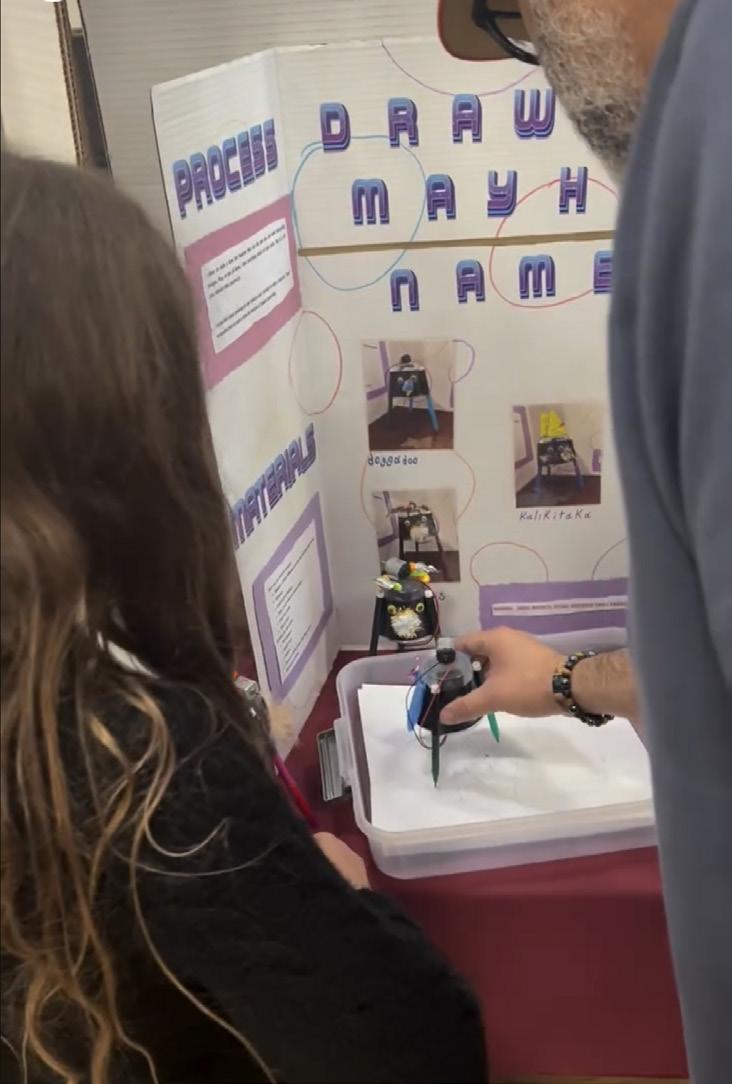
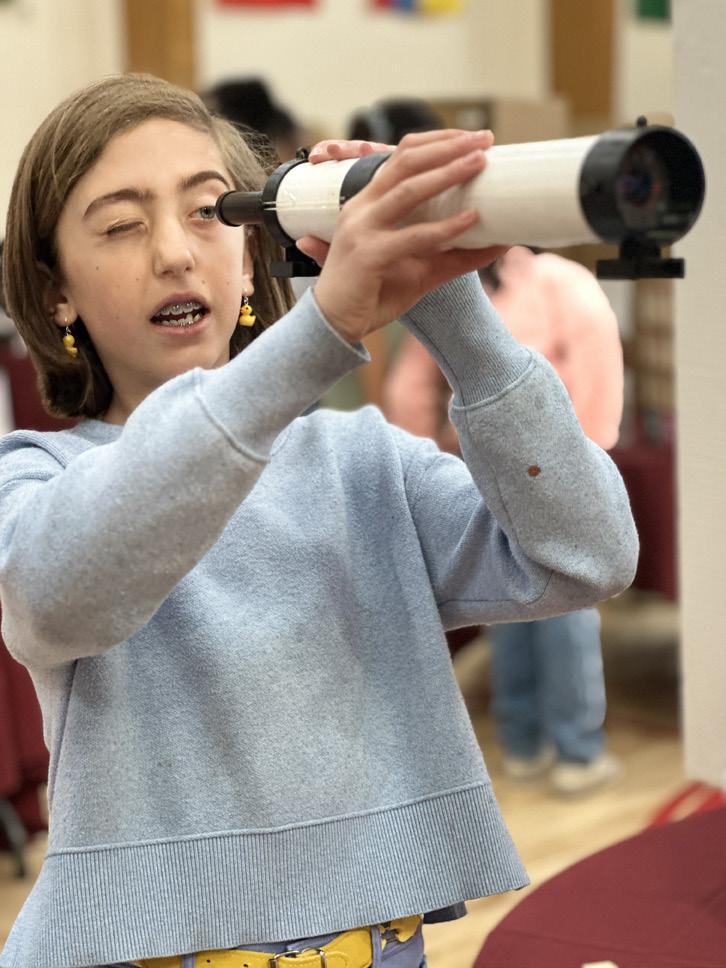
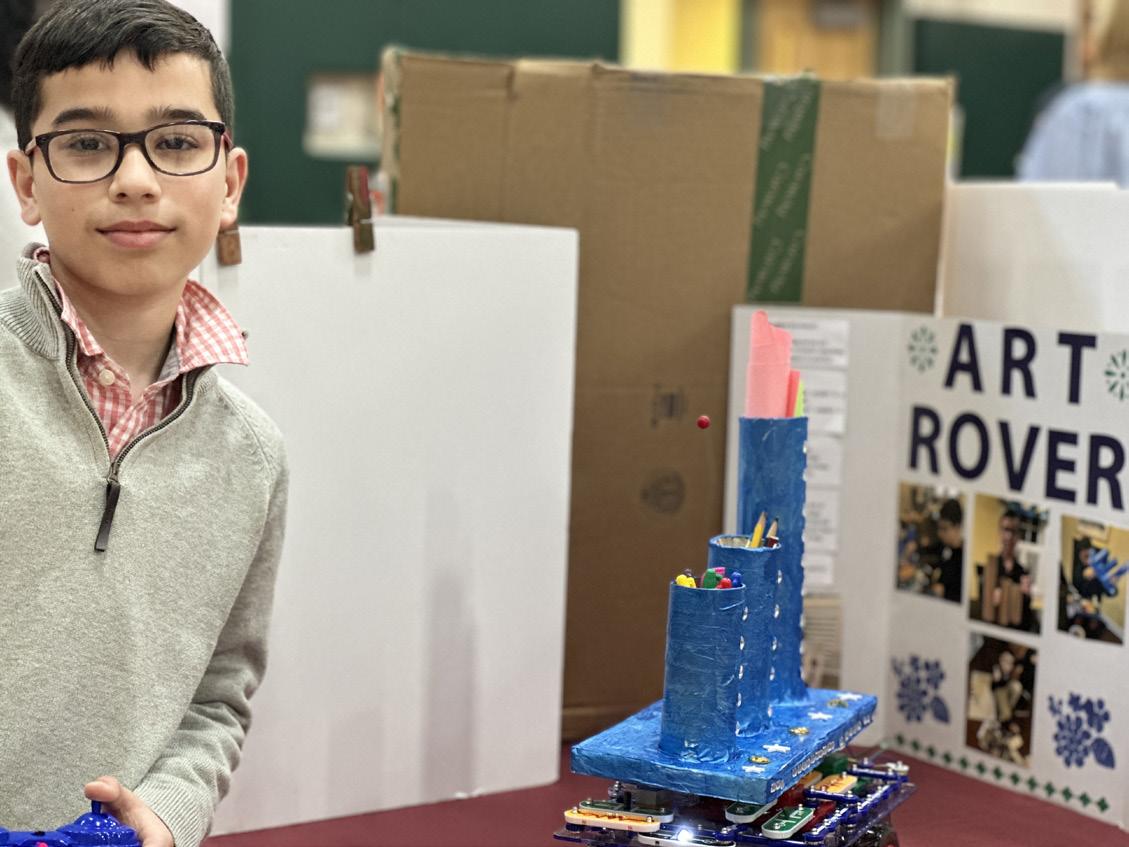
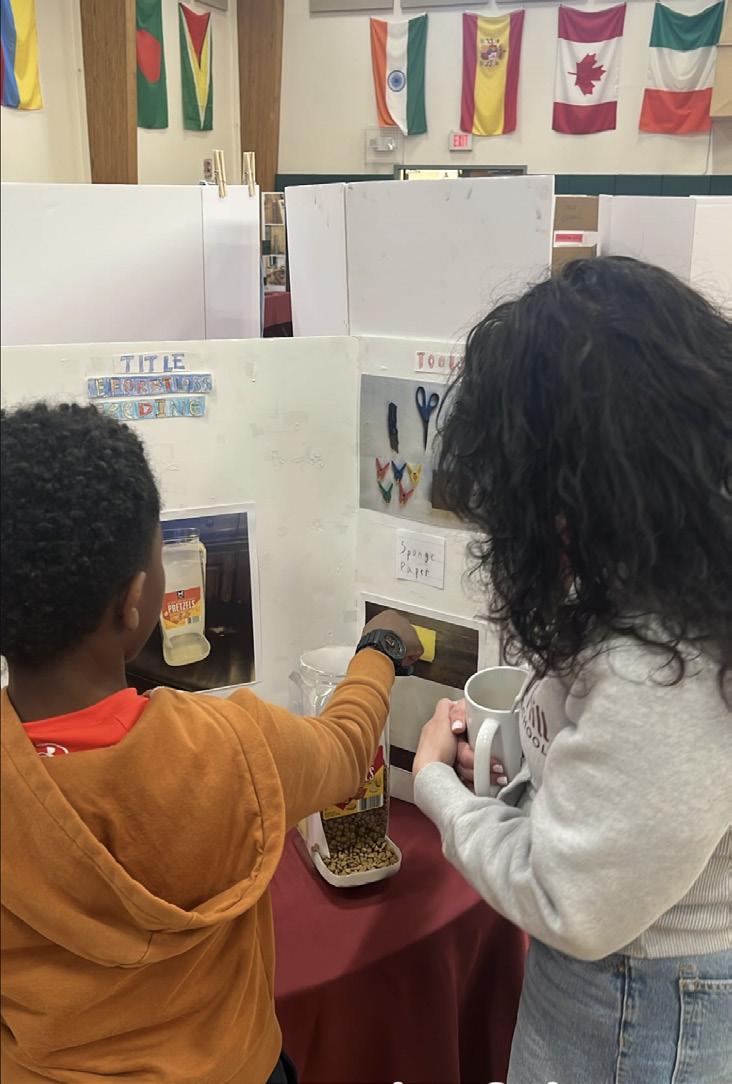
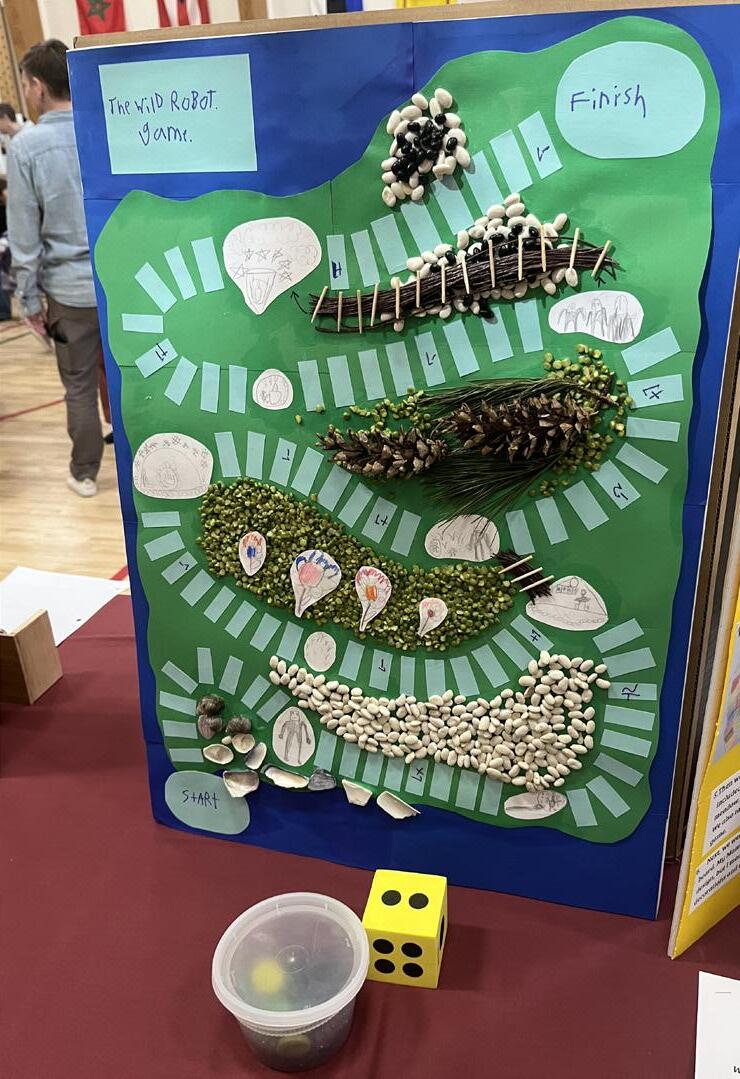
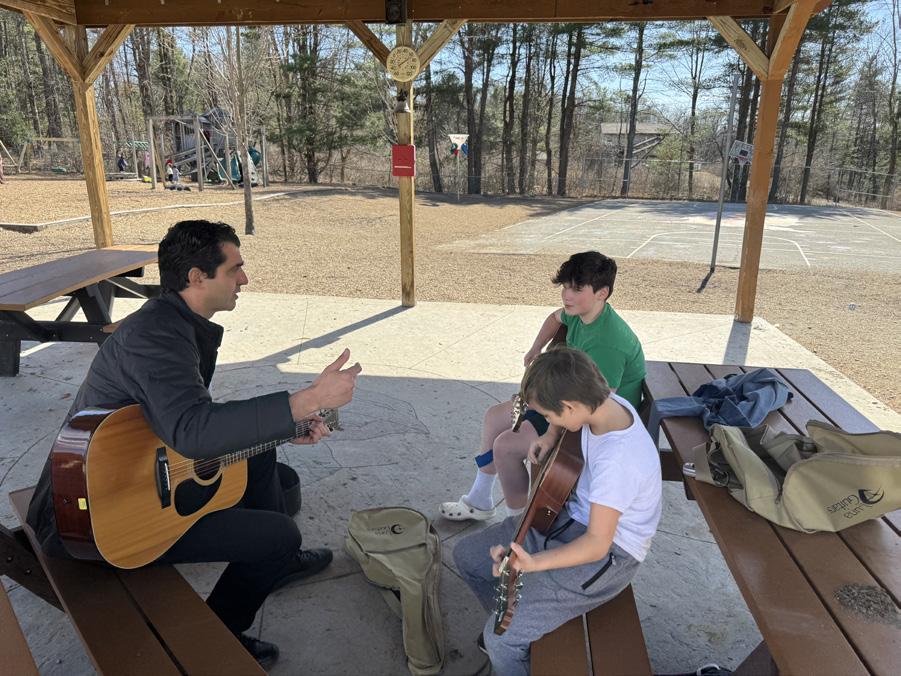
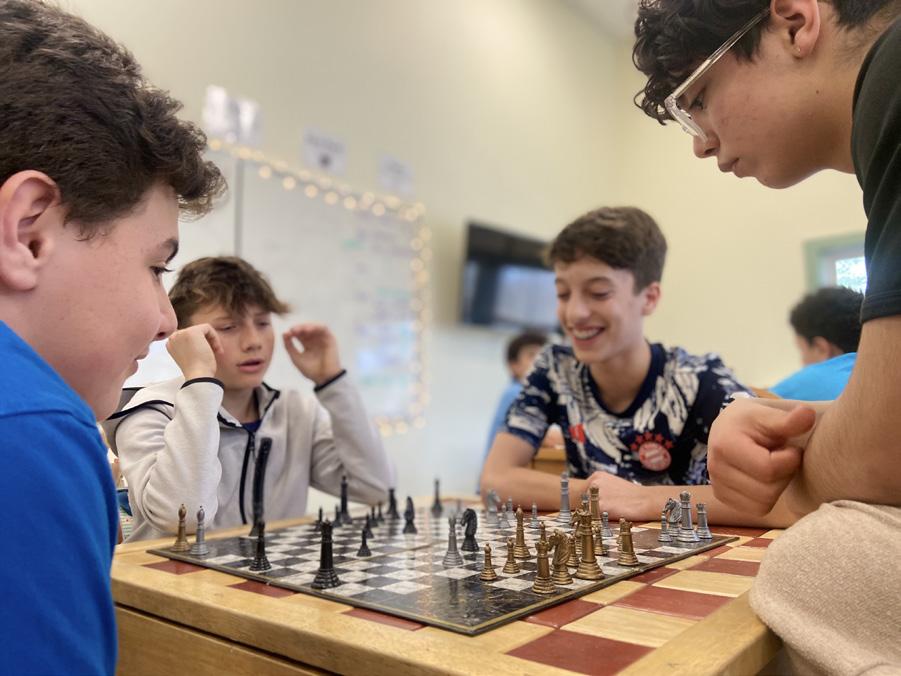
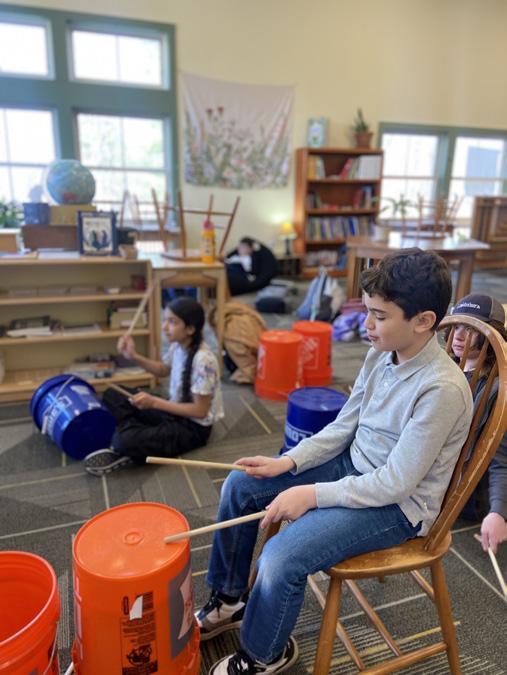
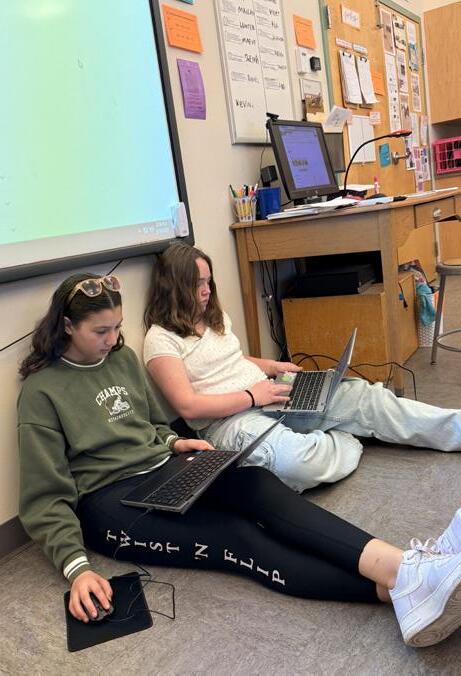
Professional Development and Parent Education
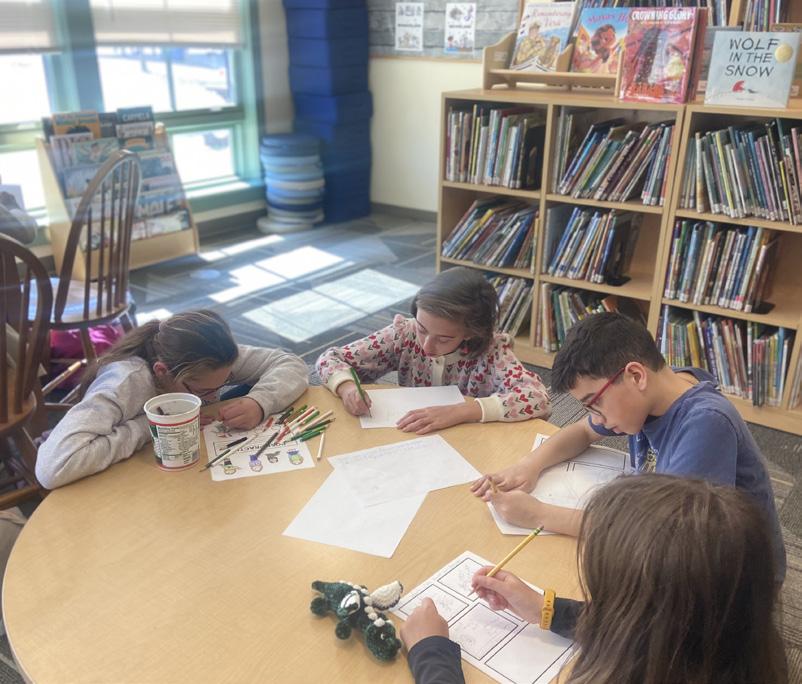
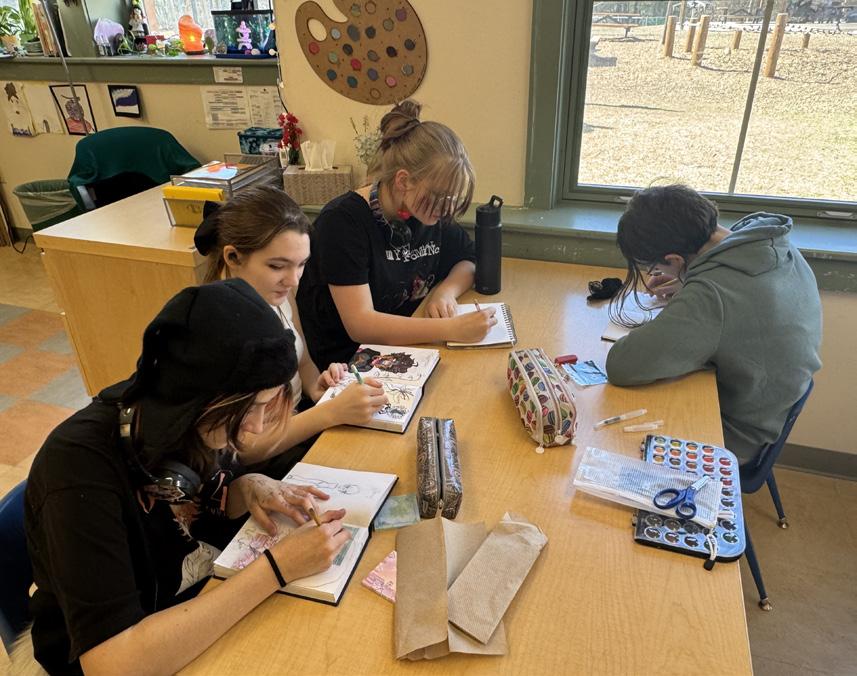
Woodland Hill Montessori School recently had the honor of hosting Dr. Afra Foroud, a distinguished neuroscientist and educator, for a series of enriching professional development sessions with our faculty and an engaging parent education event.
Dr. Foroud, daughter of Zahra Foroud—the founder of Lethbridge Montessori School in Alberta, Canada— currently serves as the superintendent of Lethbridge Montessori School. She is also a researcher and adjunct professor at the University of Lethbridge, where her work focuses on the developmental processes involved in movement and language acquisition in children.
During her two-day visit to our campus, Dr. Foroud dedicated the first day to conducting tailored sessions for our teachers, specialists, auxiliary staff, and administration. These sessions provided valuable insights into the intersection of neuroscience and education, emphasizing strategies to support diverse learning needs within the Montessori framework.
On the second day, Dr. Foroud observed our classrooms, interacting with students and offering guidance to teachers. Her observations highlighted the alignment between current neurological research and Montessori practices, reinforcing our commitment to fostering environments that support natural development.
Following her on-campus engagement, Dr. Foroud graciously extended her expertise to our parent community through a virtual presentation. The session focused on the developing brain from toddlerhood through adolescence, illustrating how Montessori methods resonate with contemporary research findings. Parents gained a deeper understanding of how our educational environments cater to children across the developmental spectrum, celebrating both neurotypical and diverse learning profiles.
We are deeply grateful for Dr. Foroud's contributions and look forward to integrating her insights to further enrich our educational practices at Woodland Hill Montessori School.
Guitar
Rhythm & Beats
Chess
Yearbook
Sketchbook
Mocktails with Michelle
April 23 | 5 - 6 pm
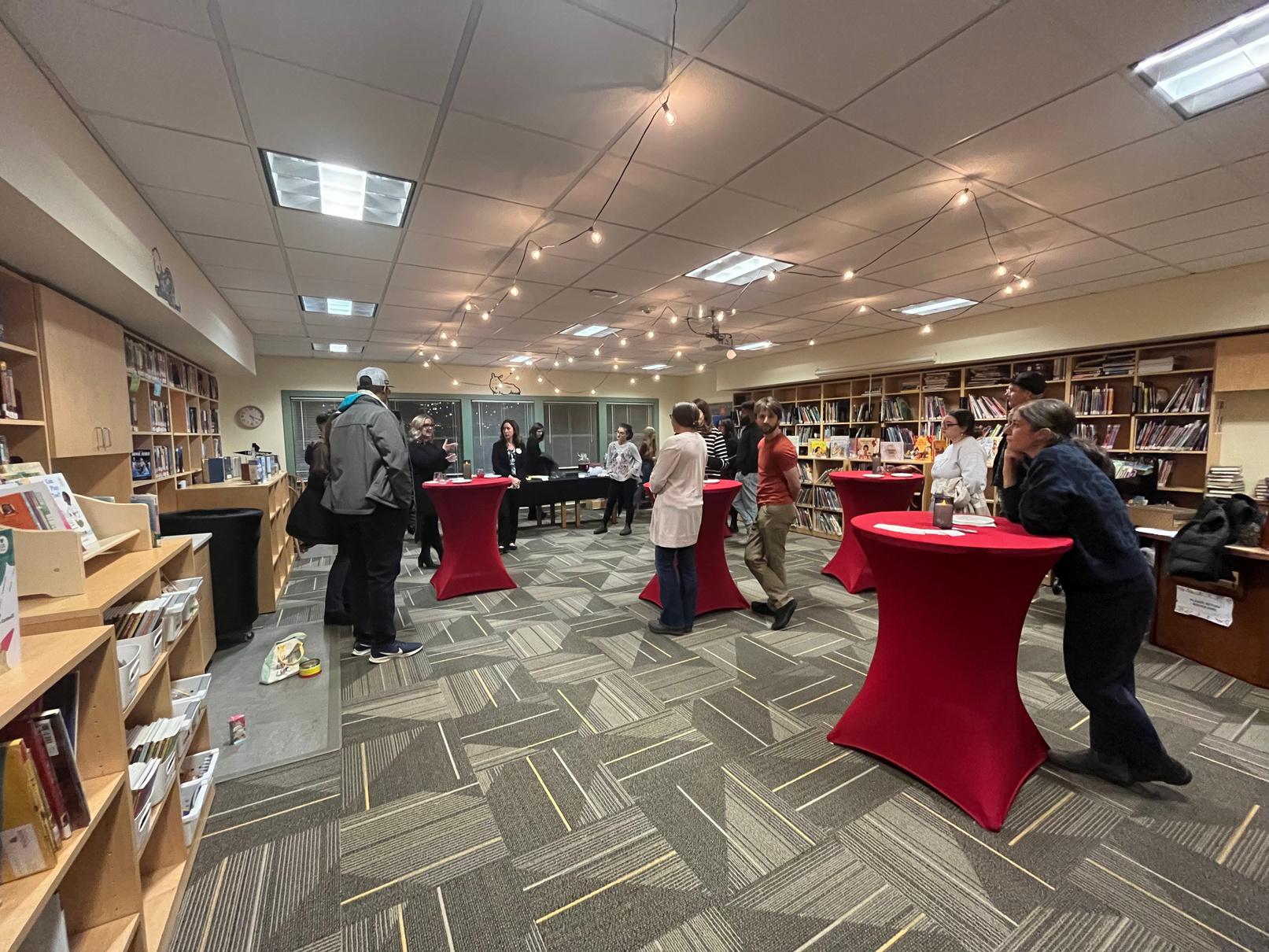
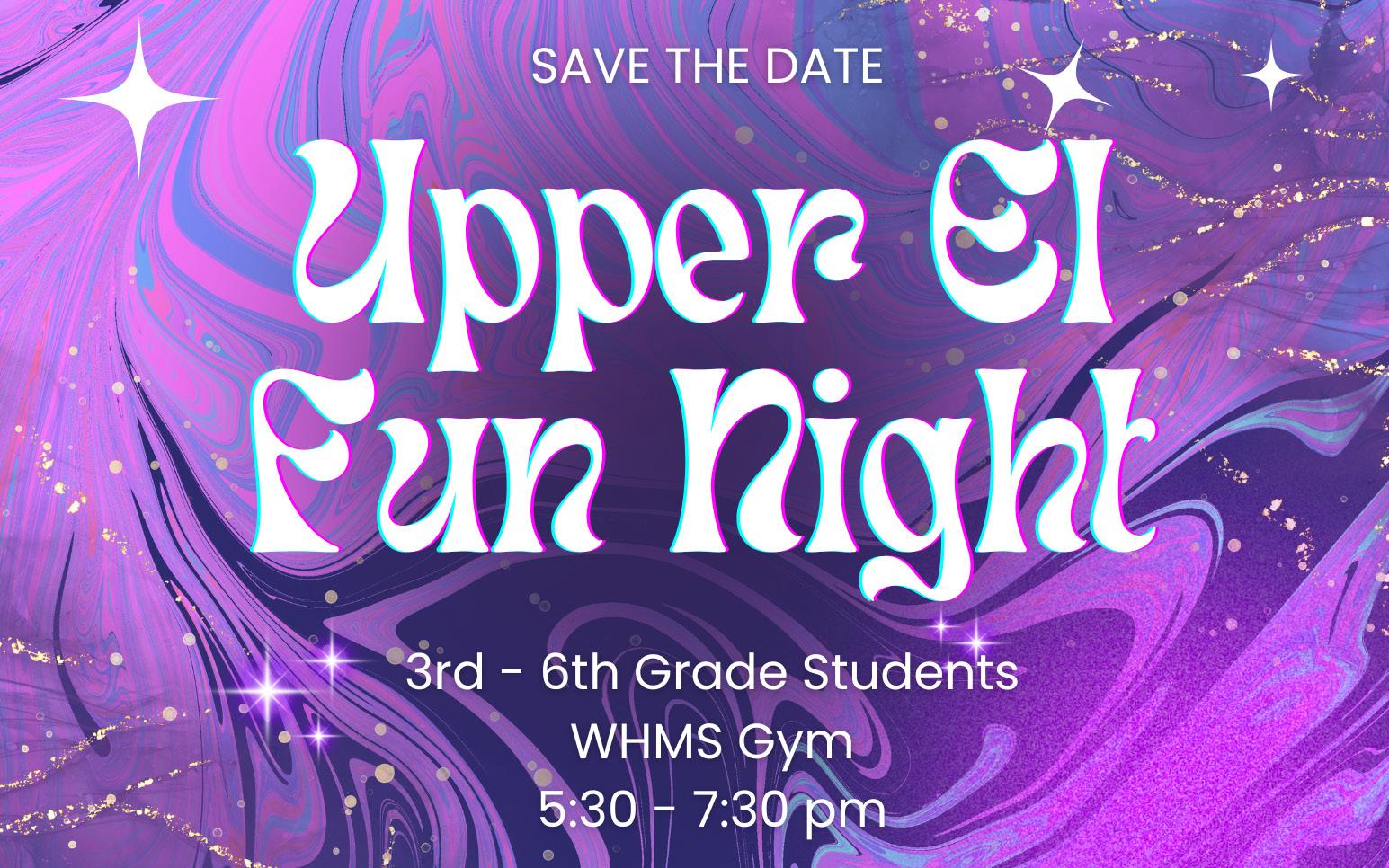
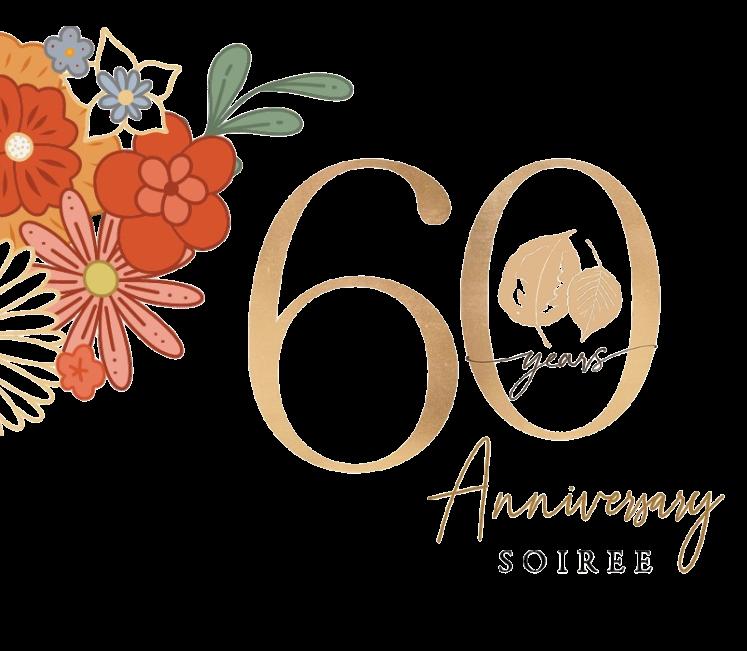
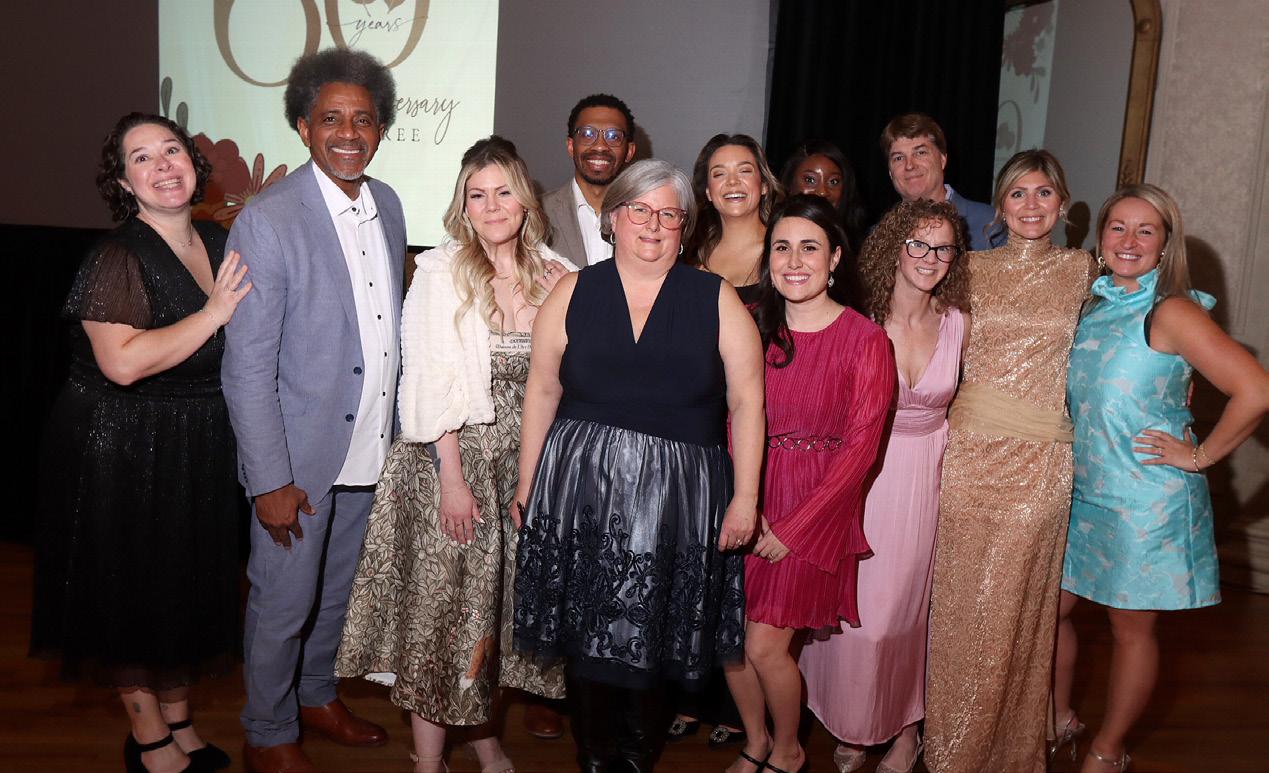
The WHMS 60th Anniversary Soiree, held on Friday, March 21, at Franklin Plaza, was a remarkable success! The event brought together 215 parents, friends, and supporters to celebrate our school’s mission in a spirit of joy and community. Thanks to the generosity of everyone involved, we raised over $88,000 for WHMS, including a generous $44,000 dedicated to building a yurt, which will serve as a Community Gathering Space—fondly known as the Wolf Den.
The evening also honored two exceptional individuals: K.T. Korngold, recipient of the Montessori Achievement Award, and Julie Massry Knox, who was presented with the Montessori Excellence Award.
You can see event photos in the Times Union's Were You Seen? gallery.
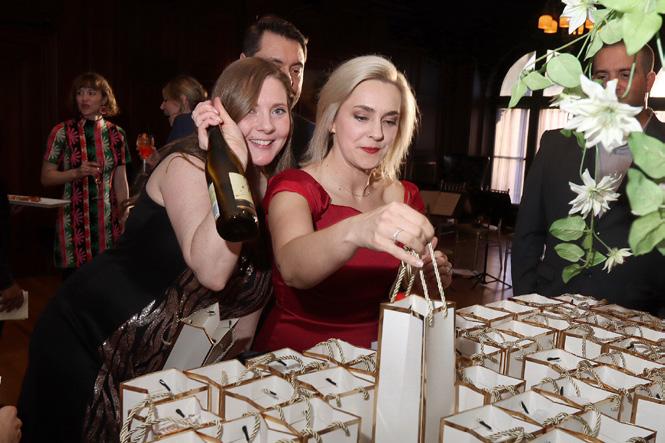
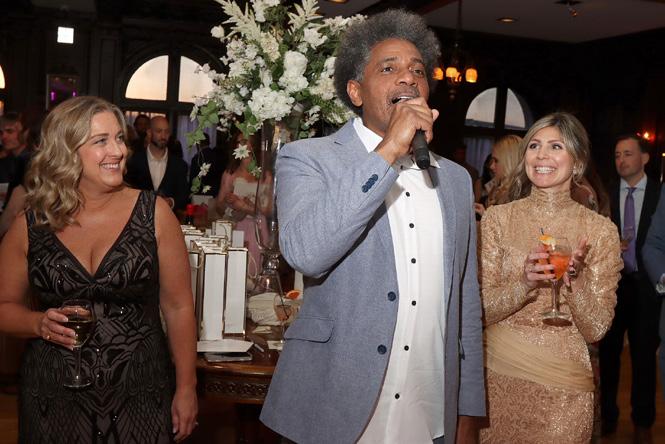
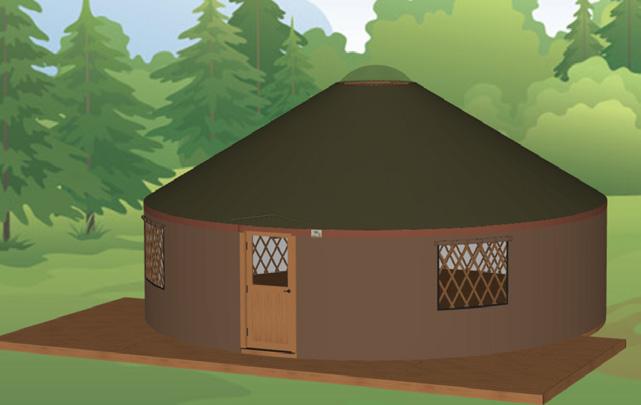
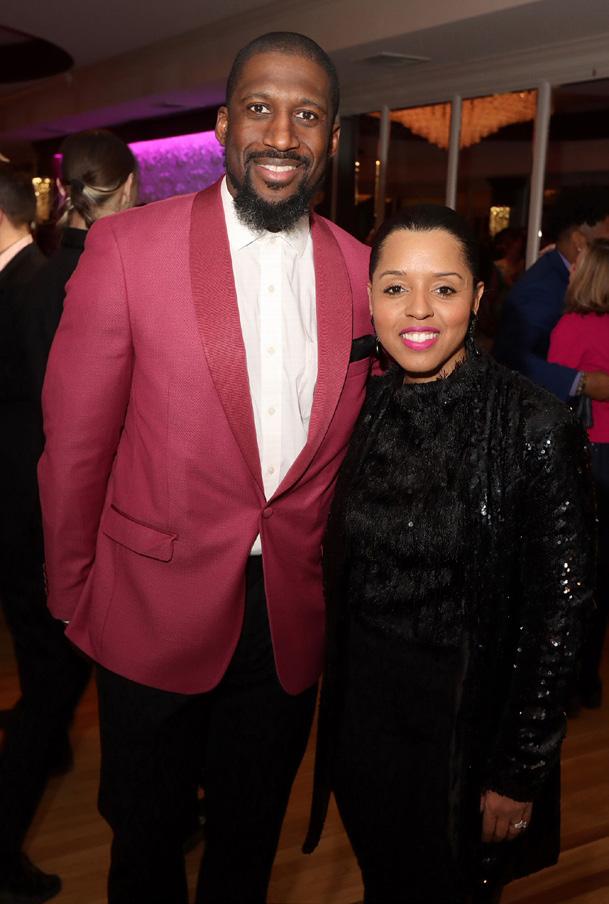
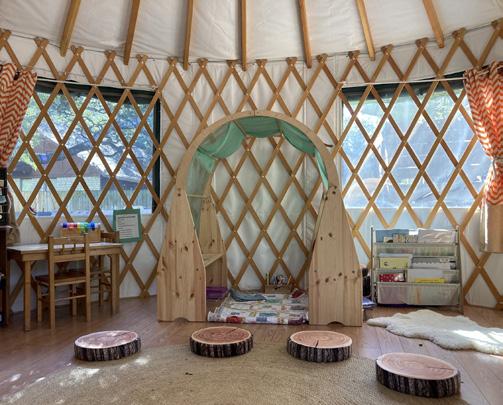
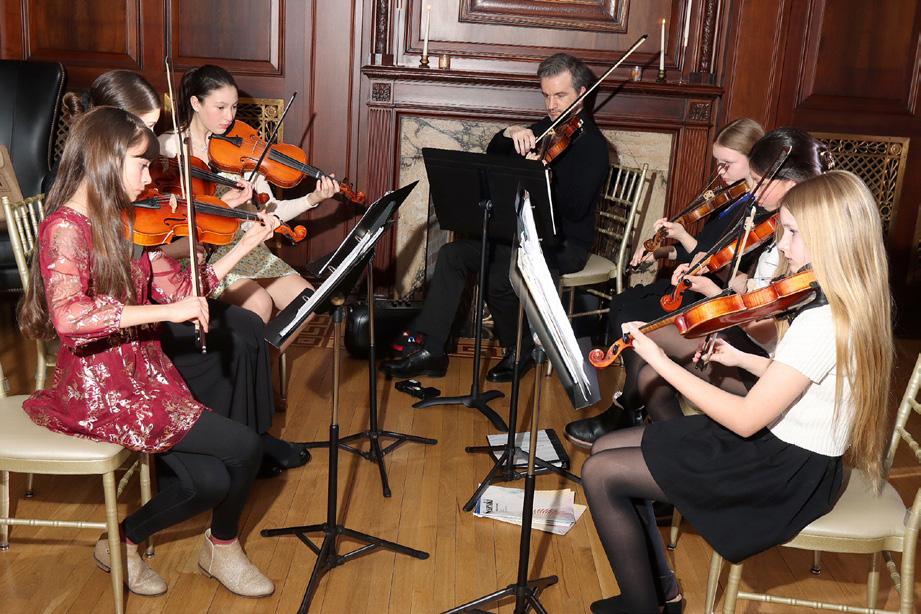
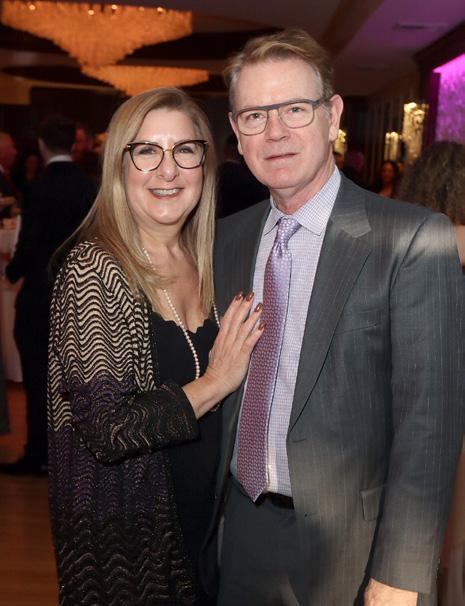
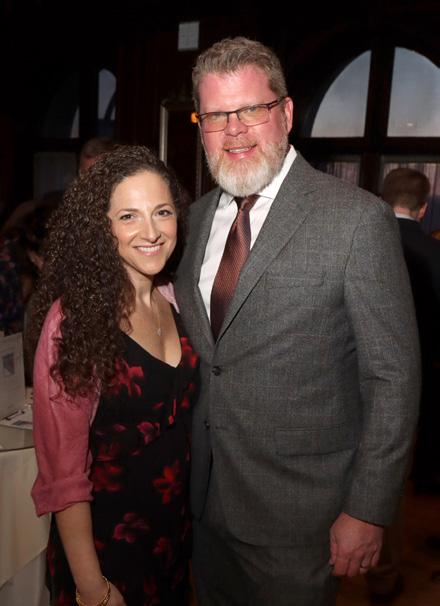
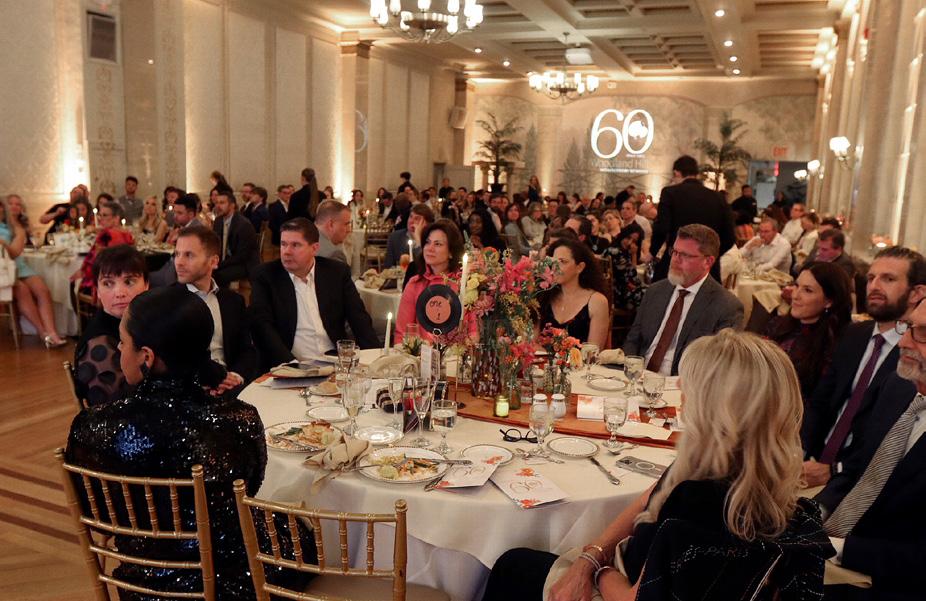
To donate toward the yurt, which will be used for breakout space for classrooms, space for music classes, class plays, student gatherings, parent groups, community meeting space, and afterschool activities, click here.
